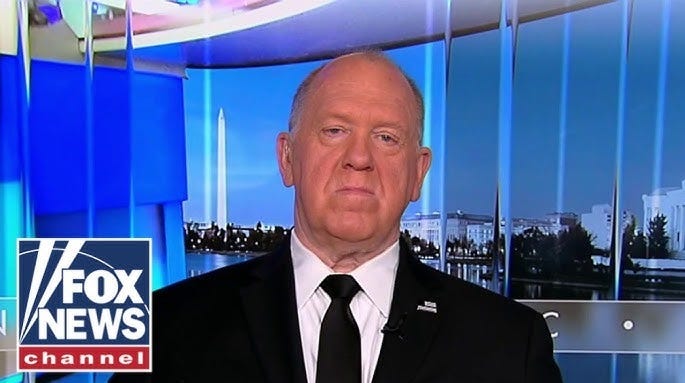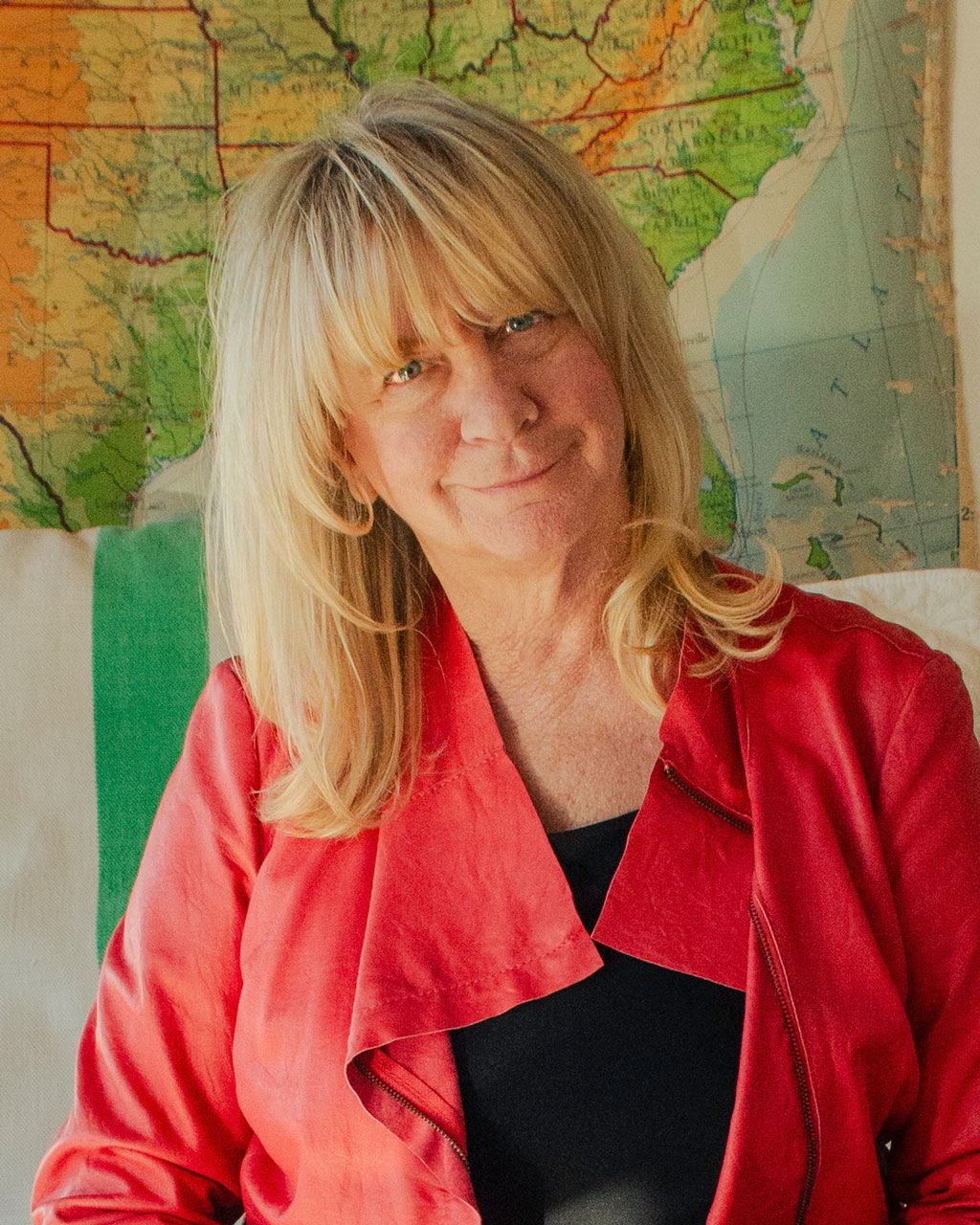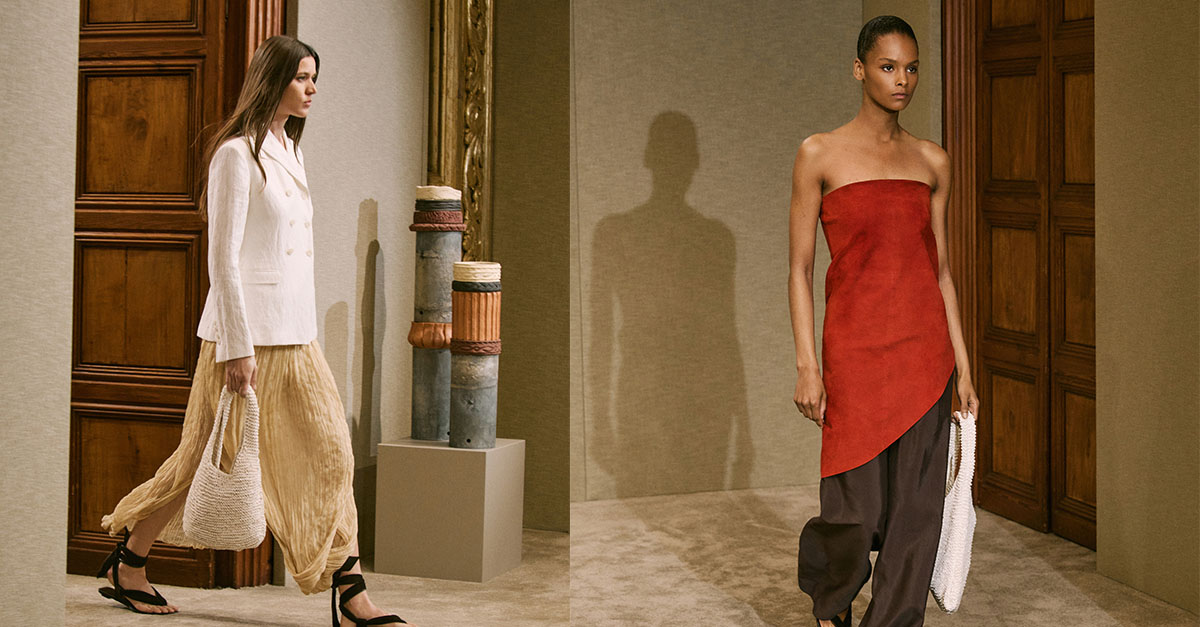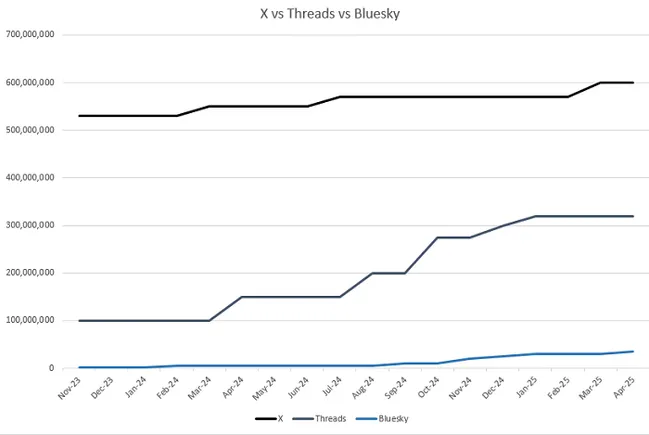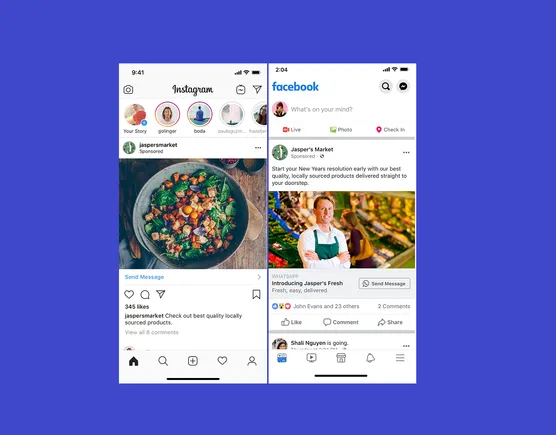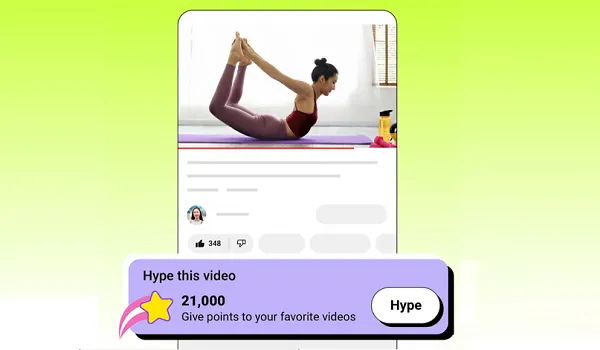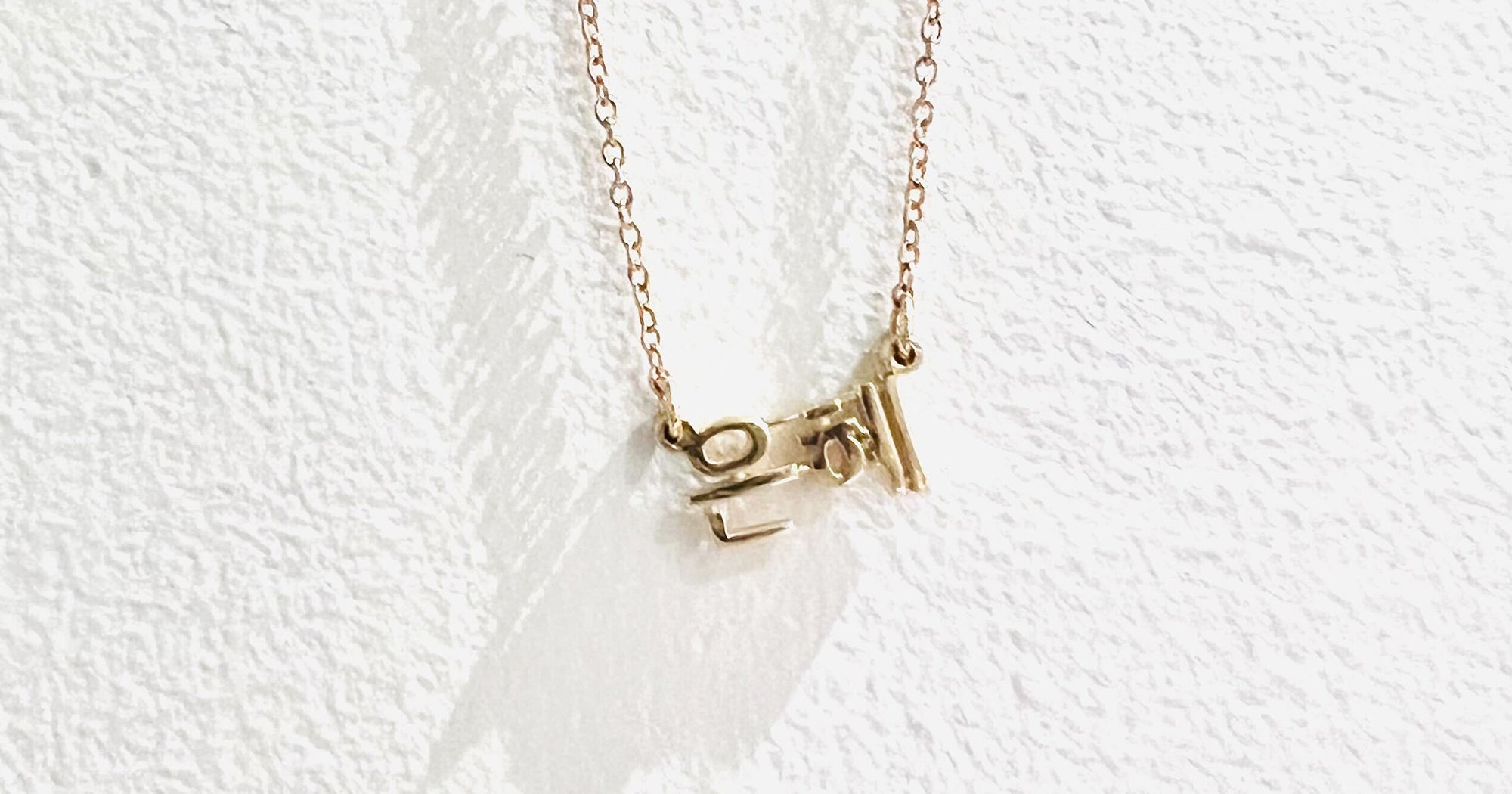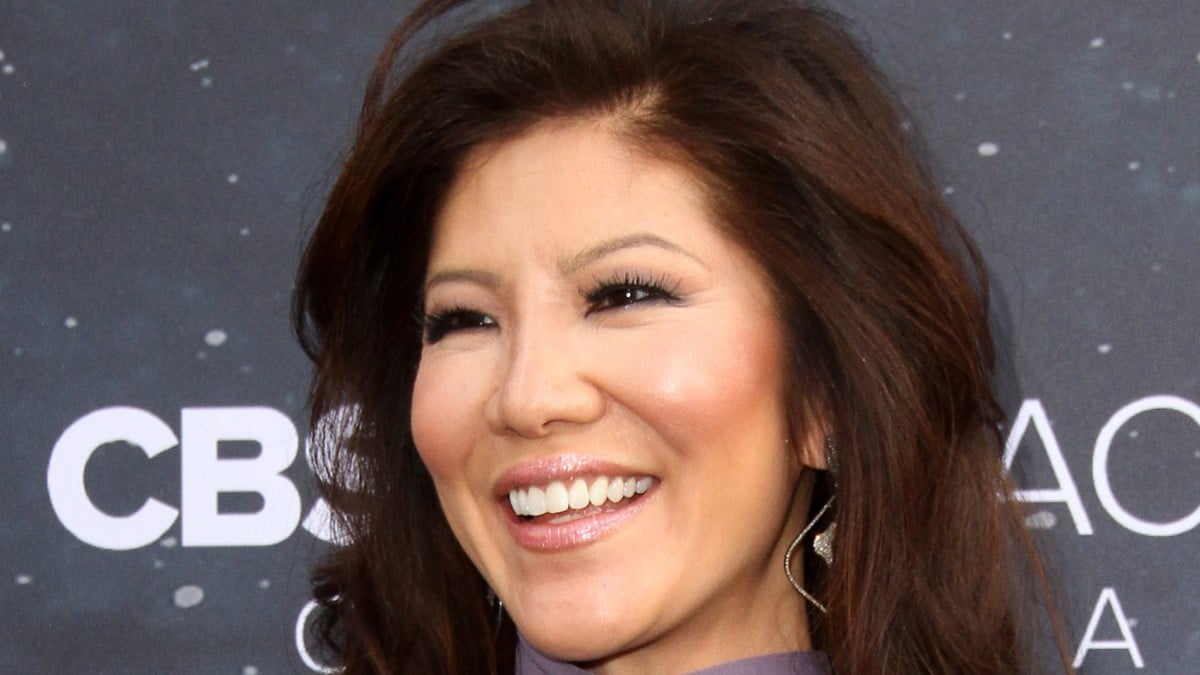I have two names: Vivien and 은혜 (Eun Hye). As a second-generation Korean American who grew up in a predominantly white neighborhood, I was (sadly) thankful my American name was in English. Vivien. It was easy to say, spell, and no teacher or classmate could butcher it. I’ve gone through years of schooling witnessing white peers and teachers making a show of trying to pronounce other cultural names, only to decide it was too complicated to say. Instead, teachers, my friend’s parents, and college professors would never fail to ask me if I knew my English name was like the beautiful actress from Gone With The Wind. I would copy and paste the same answer, “Yes, so I’ve heard! However, I’m not named after her and instead my mother’s favorite aunt.” Even then, the actress’s last name was Leigh, not Lee. When white students found out that I went by 은혜 at home, they would ask, weirdly, if I could give them a Korean name too — I wasn’t Santa Claus. I was also embarrassed after another classmate informed me that my name was common among Koreans and the meaning was so simple. I was glad that, unlike many other Korean parents, my parents didn’t make it my middle name. I was just Vivien Lee.









